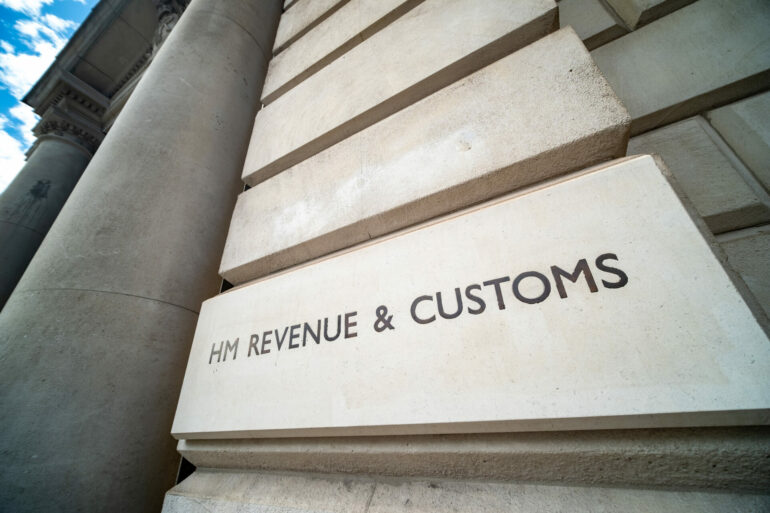Inheritance Tax receipts for April 2024 to January 2025 reached £7bn, according to the latest data from HM Revenue & Customs (HMRC).
This was £0.7bn higher than the same period last year.
Monthly, receipts totalled £639m in January 2025, an increase of 15% on the £556m collected in January 2024.
Stephen Lowe, group communications director at retirement specialist Just Group, said: “The latest IHT receipts data for January will be a welcome boost for the Treasury, with the 2024/25 tax year looking almost sure to scoop another all-time record level of IHT revenues.
“Frozen thresholds and rising asset prices continue to be the main driver of the current record tax take.
“The Chancellor’s Autumn Budget revisions to the IHT regime resulted in the OBR predicting that approximately one in 10 deaths will incur IHT by 2029-30, double the proportion in 2023-24, meaning that within a decade roughly twice as many estates will be hit by IHT.
“We would encourage people to regularly assess the value of their estate, including up-to-date property valuations, to understand whether they could be affected by IHT.
“Estate planning can be complex, and seeking professional financial advice can help individuals navigate the rules, mitigate potential liabilities, and ensure they pass on as much wealth as possible to their loved ones.”
Ian Dyall, head of estate planning at wealth management firm Evelyn Partners, said: “The inevitable monthly increase in inheritance tax receipts leaves little doubt that this will be another record tax year for IHT revenues as estates across the UK continue to grow in value and nil-rate bands remain frozen.
“This inflation-led boost to the Treasury coffers will already be accounted for in the fiscal forecasts.
“Unfortunately for the taxpayer, despite this fiscal drag and the measures at the Budget which will bring pensions into IHT from 2027 and squeeze business and farm assets harder, inheritances might not be out of the woods yet.
“Given the wide-ranging pressures on the public finances, with geo-political upheaval now prompting calls for greater defence spending, it might not be long before Rachel Reeves is again forced to seek new ways of boosting tax revenues.
“With the self-imposed limits on how she can do this, IHT remains one of the few ways the Chancellor can wriggle out of the fiscal strait-jacket.”
Dyall added: “Pension pots will not become liable to IHT until April 2027 and the combined business and agricultural property relief exemption will not be cut to £1m until April 2026.
“While it seems unlikely further tax changes will be announced at the spending review in late March, the next autumn Budget could well stir speculation if the Chancellor has to cast around for a few extra billion to balance the books.
“One possibility is an overhaul of the gifting regime, as this would be a relatively easy way for the Treasury to extract a bit more from IHT without raising the headline rate or cutting the nil-rate bands.
“That could close off some of the options that families have been using to reduce their IHT liability, especially since the October Budget.
“We have seen many clients increase gifting since as far back as the election – some simply setting the seven-year clock ticking for potentially exempt transfers with large one-off gifts, others using lesser-known methods like gifts out of surplus income.”



